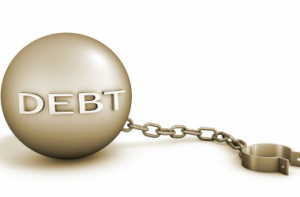Dear Liz: I have two 401(k) plans that have vanished into the night. They are both more than 20 years old and the companies I worked for have been bought, sold, merged, spun off, and nobody knows anything anymore. Between them, the accounts are worth six figures. Do you know of any way I can find out what happened to my money (and hopefully retrieve it)?
Answer: There’s no central repository for missing 401(k)s as there is for missing pensions, which typically can be found at the Pension Benefit Guaranty Corp. So tracking down your money can be tough.
If you still have paperwork from the missing accounts, you might check with the plan providers — the financial services companies that provided the investment choices.
If that’s a dead end, the U.S. Department of Labor’s Abandoned Plan Database shows plans that have been or are about to be terminated, typically with contact information for the plan administrator.
It’s possible that your money was turned over or escheated to a state unclaimed property department. You can check at Unclaimed.org, the official site of the National Assn. of Unclaimed Property Administrators. NAUPA also endorses the site MissingMoney.com.
Another place to check is the National Registry of Unclaimed Retirement Benefits, which is run by a private company called PenChecks that says it’s the largest private processor of retirement checks.
If you do find your money, understand that you may still have missed out on a lot of growth. Your investments may have been converted to cash, which has earned next to nothing in the last two decades, particularly after inflation.
Leaving a 401(k) account in an old employer’s plan can be a convenient option, but only if you’re willing to keep track of the money — and let the administrator know each time you change your address. If that’s too much work, you should roll the account into a new employer’s plan or into an IRA. Your retirement may depend on it.






